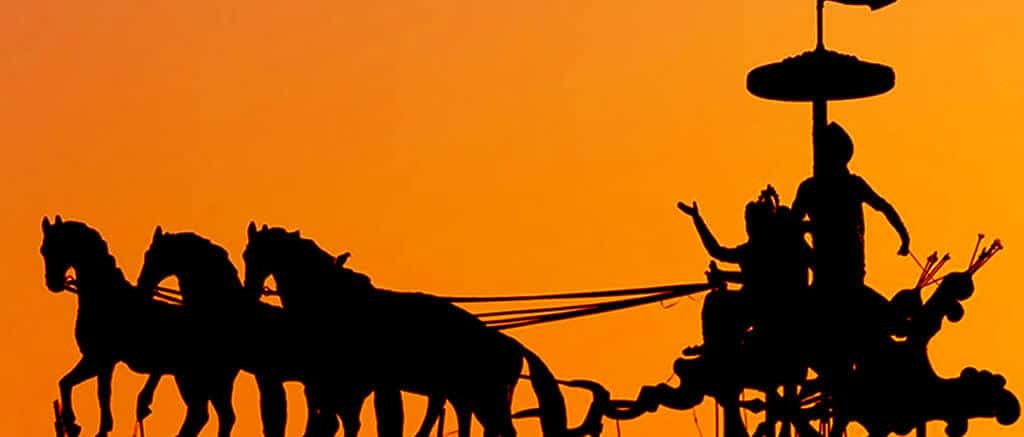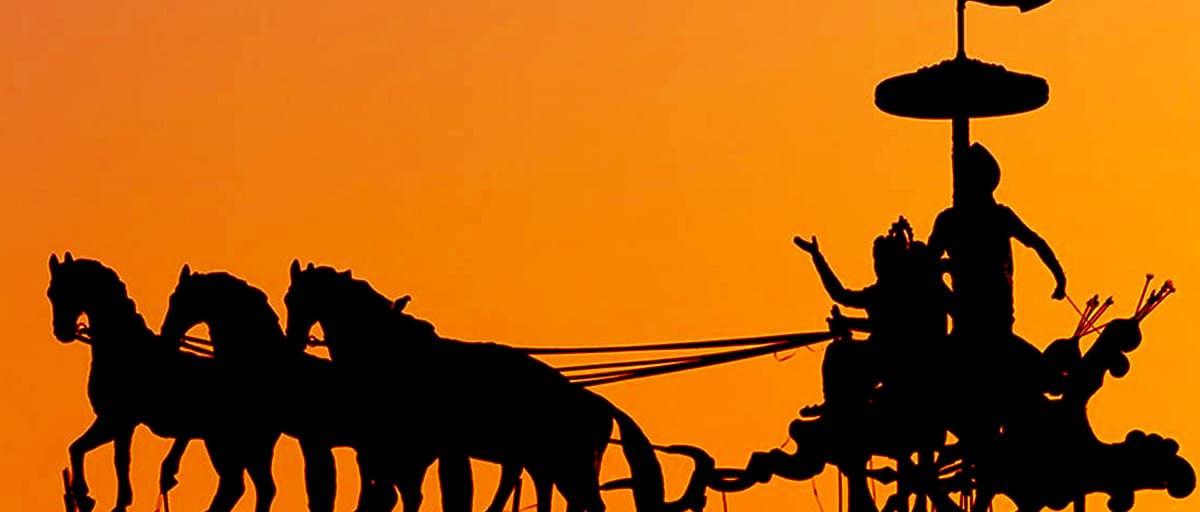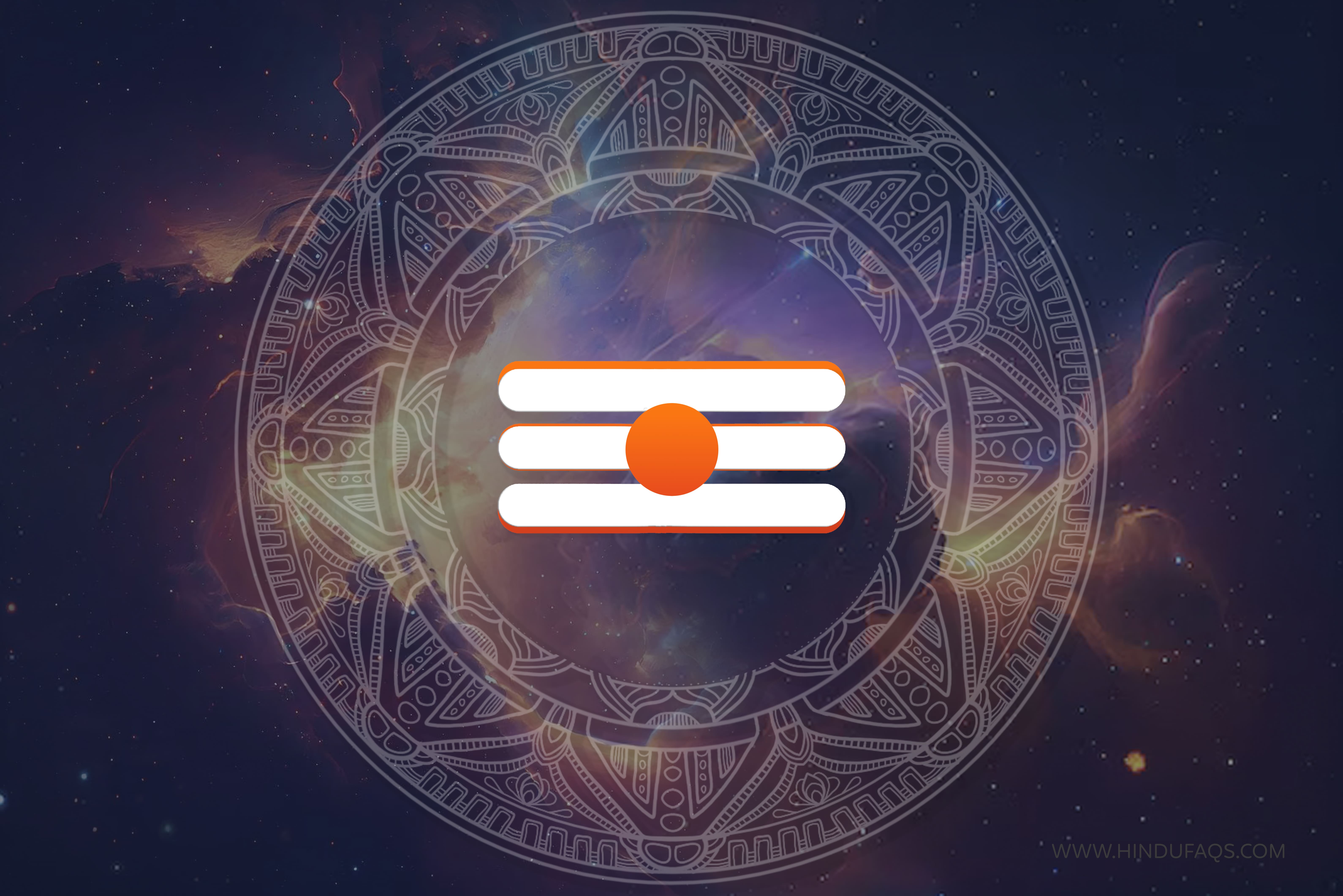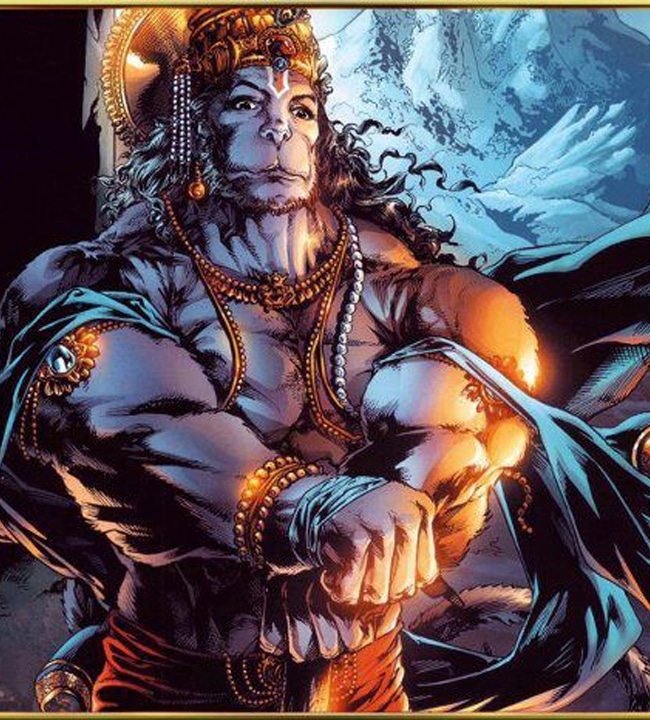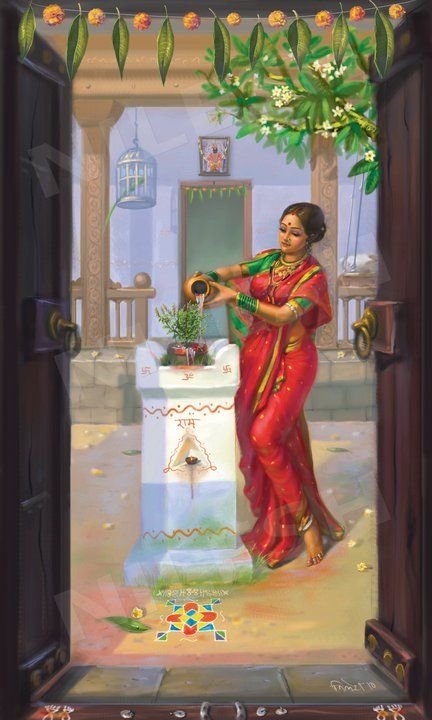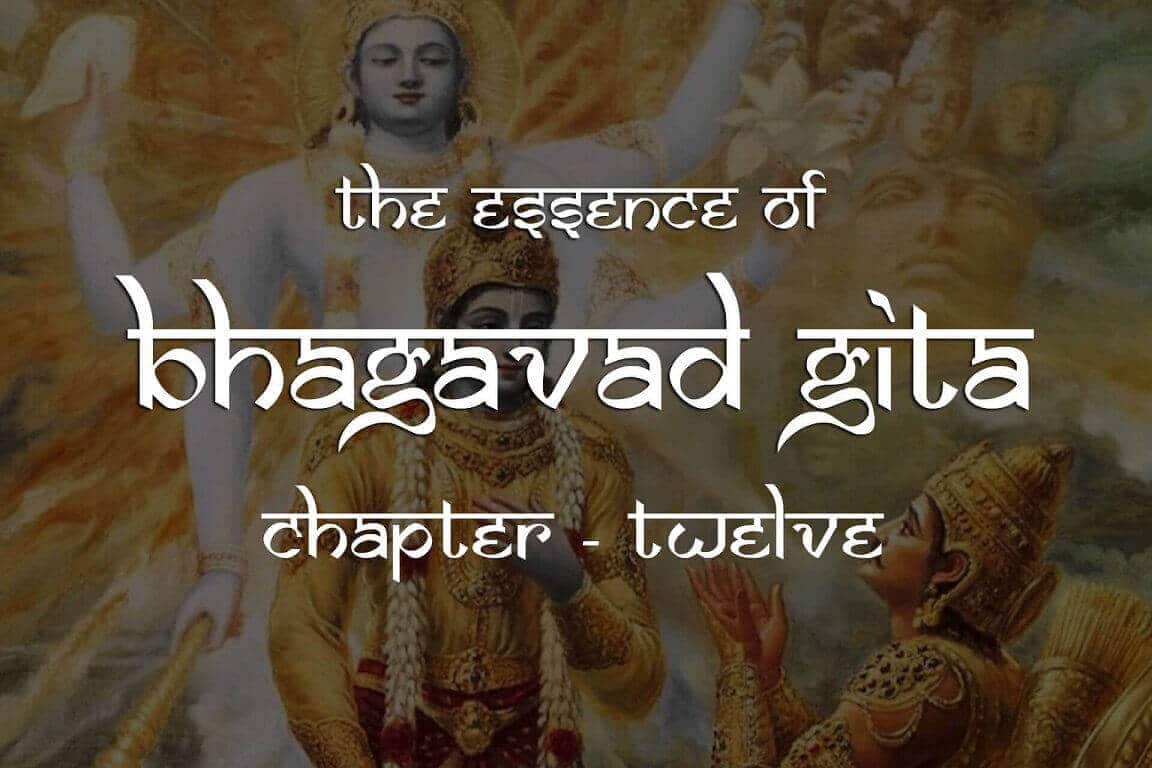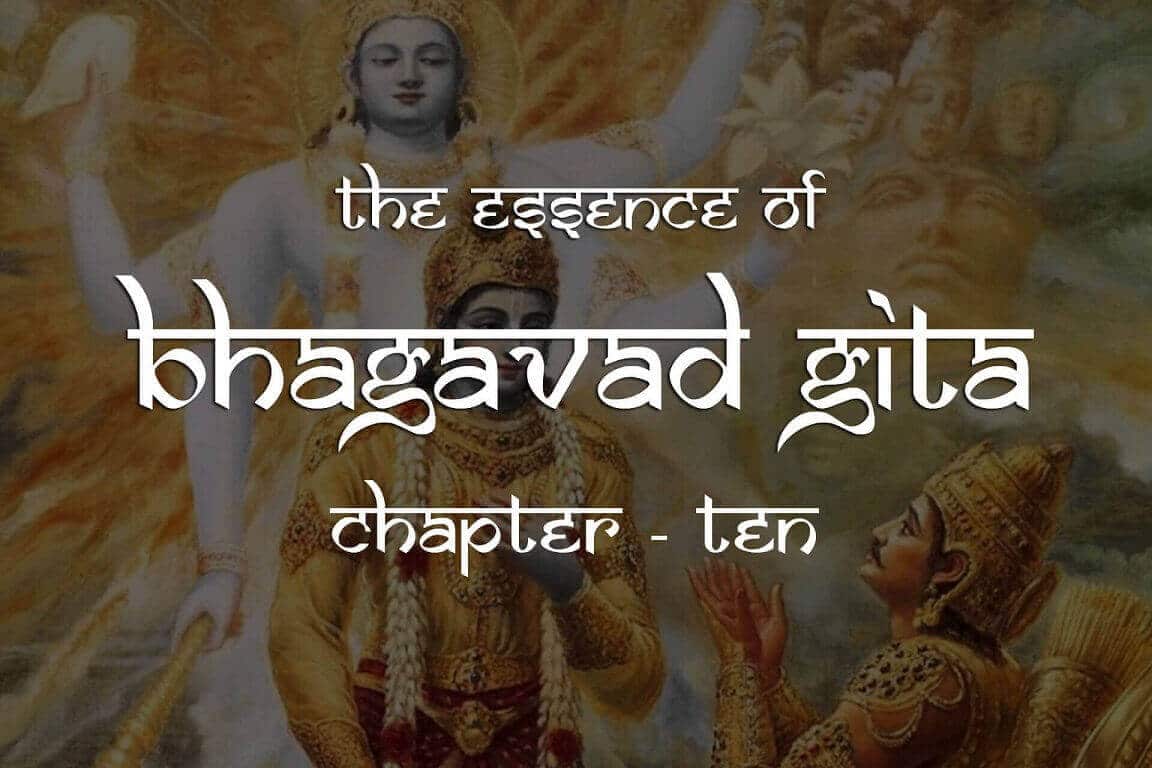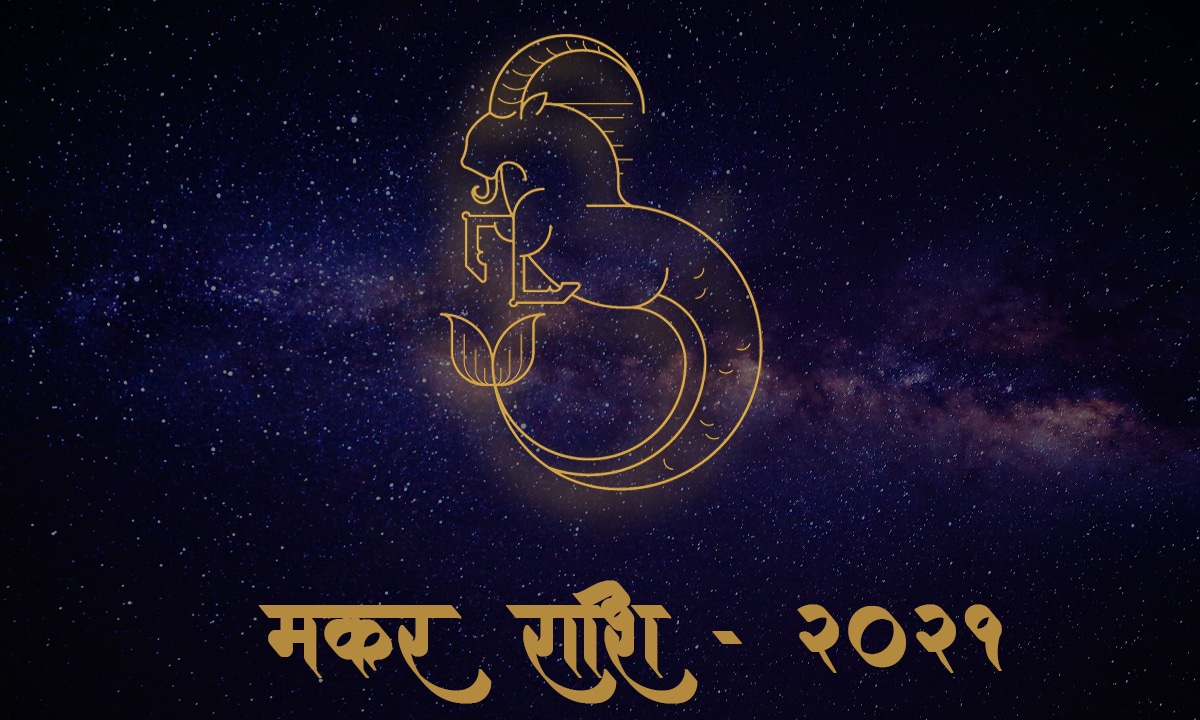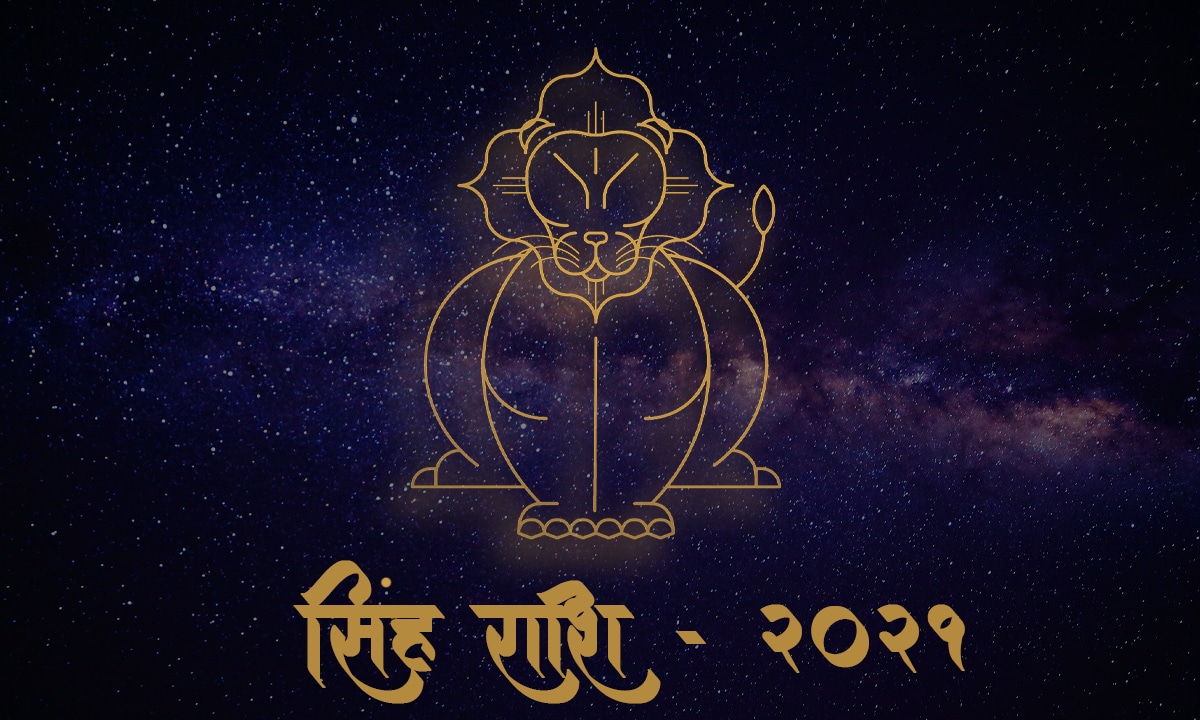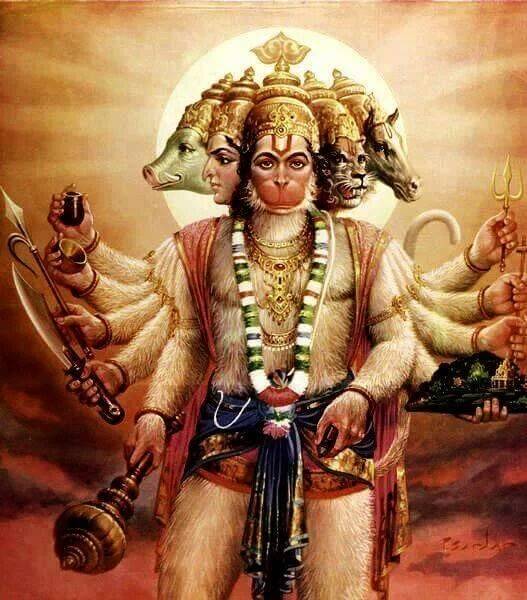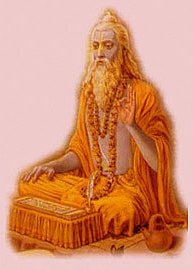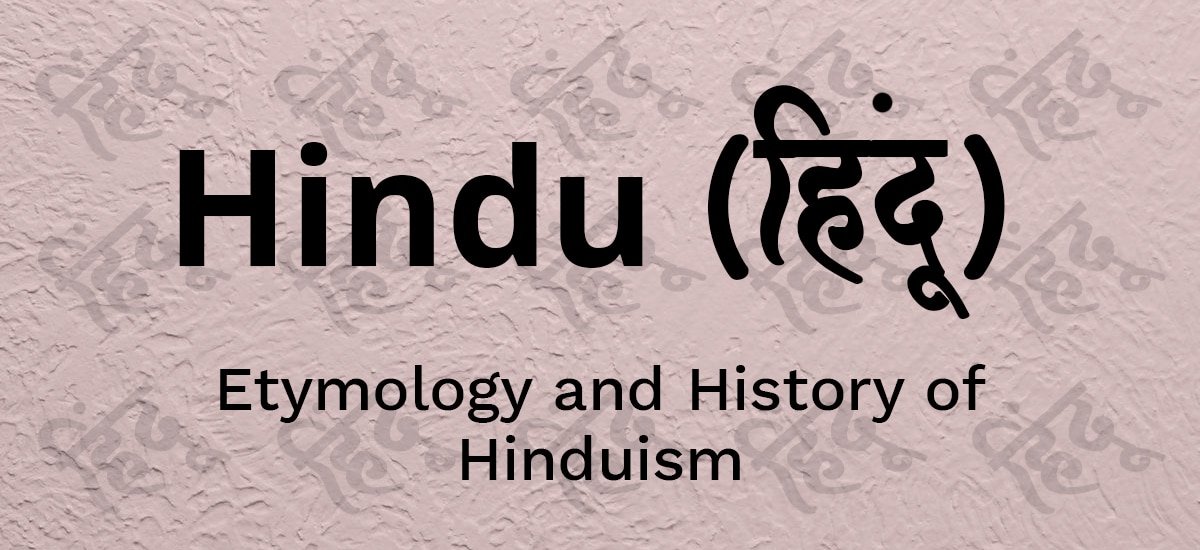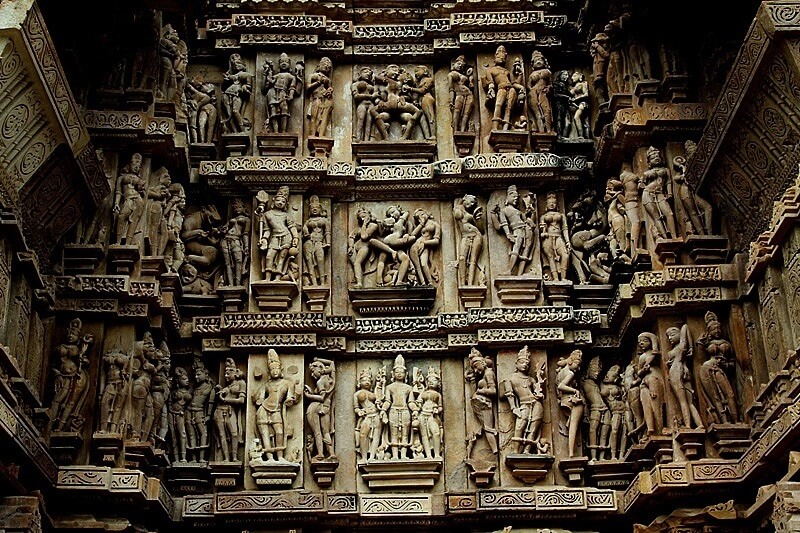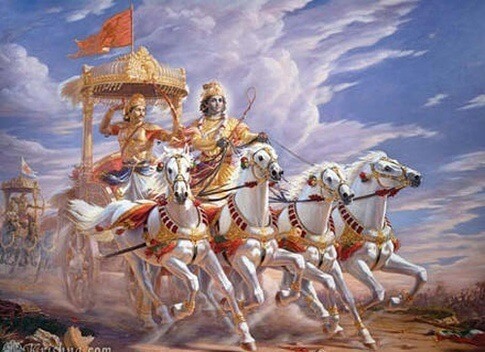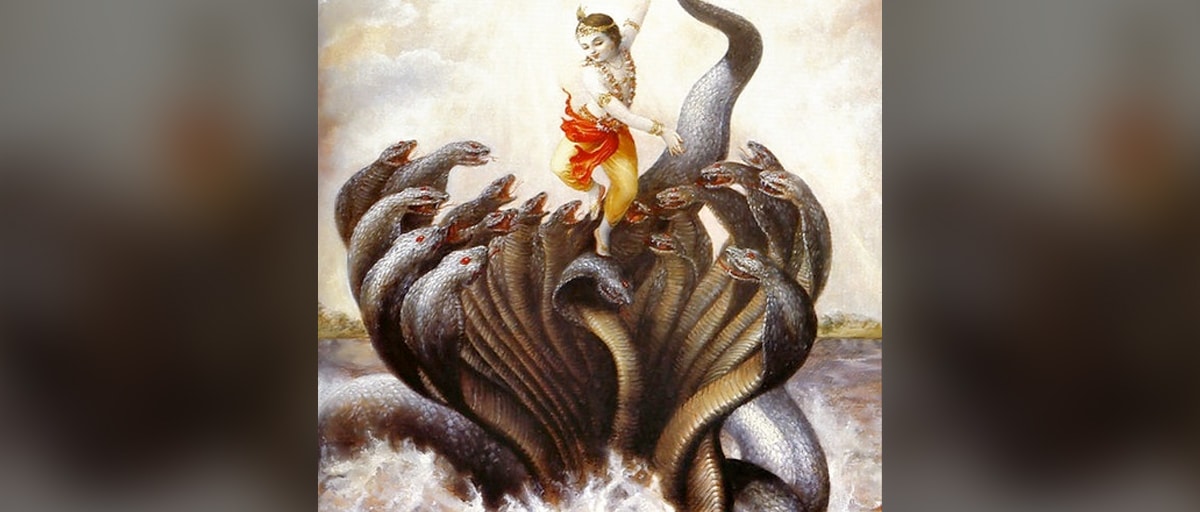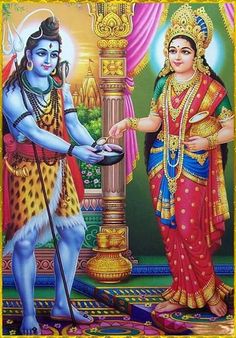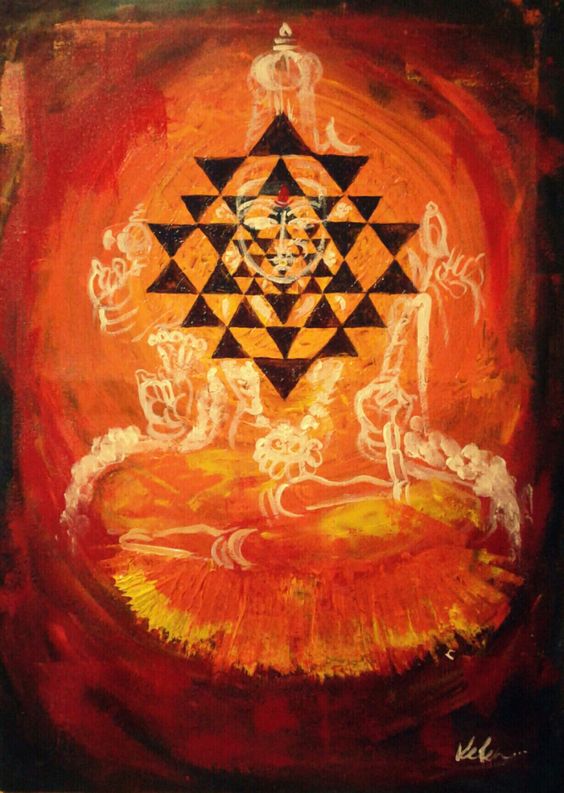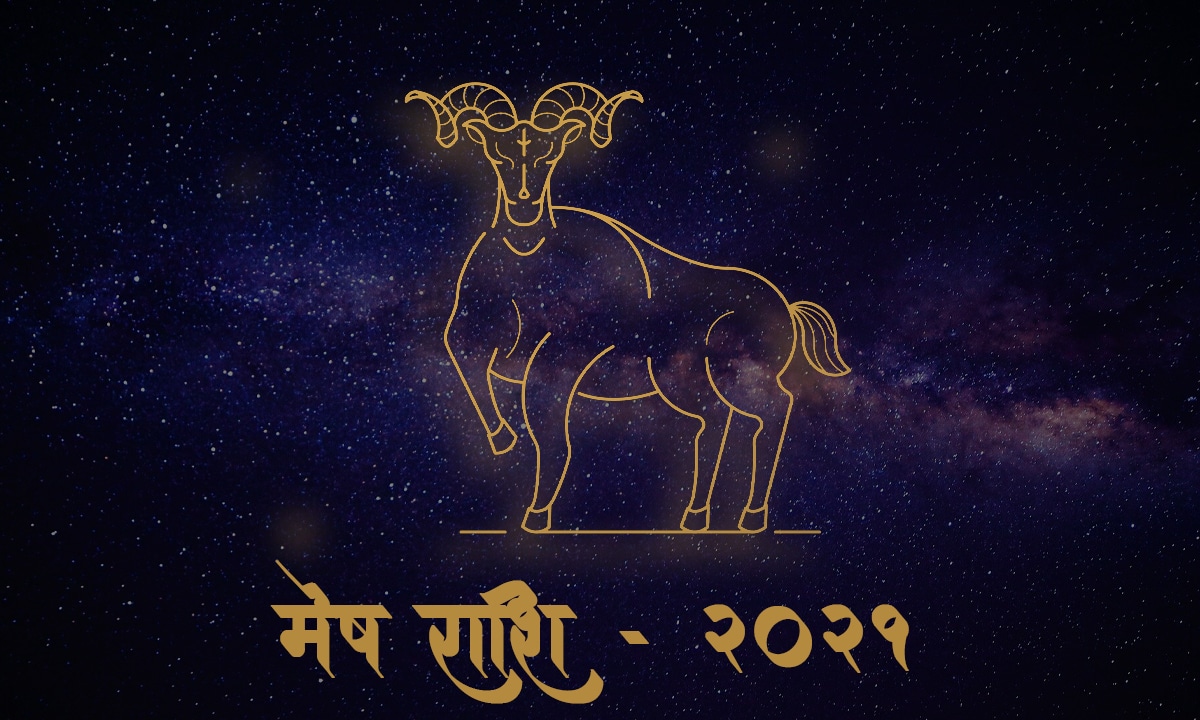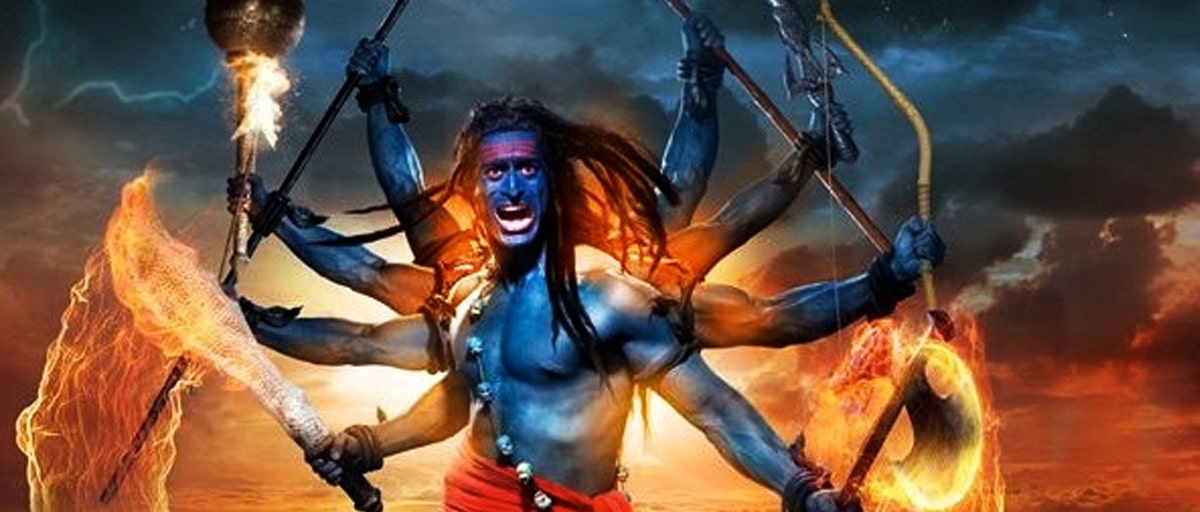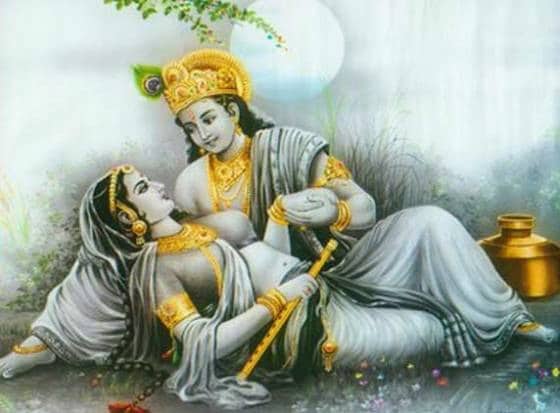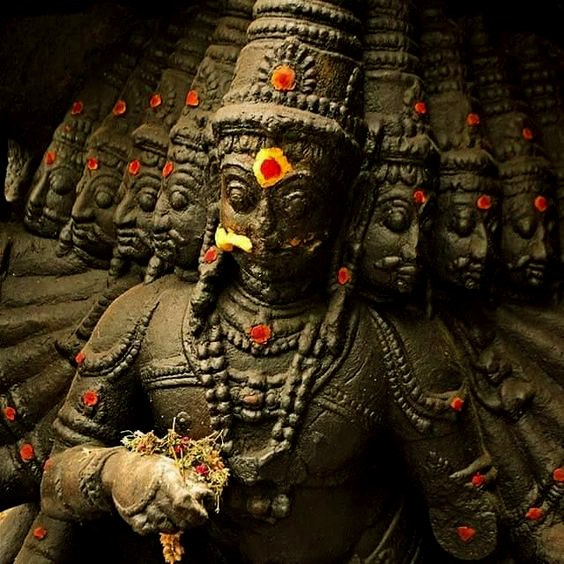People always ask, Who are the seven immortals (Chiranjivi) of Hindu Mythology?
Well lets first start with the meaning of the wird Chiranjivi. Chiranjivi or चिरंजीवी in Hindi, are immortal living beings in Hinduism who are to remain alive on Earth through this Kali Yuga till its very end.
The seven Immortals (Chiranjivi) of Hindu Mythology are:
There is a shloka in sanskrit, Known as Chiranjivi shloka
“Aswathama Balir Vyaso Hanumanash cha Vibhishana Krupacharya cha Parashuramam Saptatah Chirjeevanam”
“अश्वत्थामाबलिर्व्यासोहनुमांश्च विभीषण:कृपश्चपरशुरामश्च सप्तैतेचिरंजीविन:।”
Which means that Aswathama, King Mahabali, Veda Vyasa, Hanuman , Vibhishana , Krupacharya and Lord Parashuram are death-defying or imperishable personalities.
Apart from these seven, Markandeya, a great rishi Who was blessed by Shiva, and Jambavan, a strong and wellknown character from Ramayana are also considered as Chiranjivins.
1) Ashwathama:
According to The Mahabharata, Ashwatthama means “the horse-voiced”. It probably also means the one having strength of a horse. Perhaps the most interesting of all the Chiranjeevis, And one of the most intresting character from Mahabharata. Ashwatthama was a great warrior and son of a legendary warrior and teacher named Dronacharya. He was gifted with a gem on his forehead by Lord Shiva and was said to have divine powers. When the battle of Kurukshetra A.K.A Mahabharata War was almost over, Ashwatthama who fought from the Kauravas, decided to murder the five Pandava brothers in their camp at midnight even though it was against the ethics of war to attack after sunset. Mistaking the identity of the five brothers, Ashwatthama killed the sons of Pandavas while they were away. On their return, the Pandavas saw what happened and were enraged with the incident and chased Ashwatthama to kill him. Ashwatthama seeked salvation for his crime but it was already too late.
To defend himself, he decided to invoke Bramhashirastra [a sort of divine highly destructive weapon] against Pandavas. In retaliation, Arjuna invoked the same as he too was the student of Dronacharya and could do the same. However, on observing this scene, Lord Krishna asked them to revoke the weapons as it would have led to a cataclysmic event resulting in annihilation of earth. Arjuna revoked his weapon, however Ashwatthama was unable to do so as he was never taught how to.
Out of spite/ helplessness, he directed the weapon towards a singular being which in this case was Uttara, the daughter-in-law of Arjuna and who was pregnant. The weapon led to the death of the unborn child and thus the lineage of Pandavas came to an end. Enraged at this atrocious act, Lord Krishna cursed Ashwatthama as follows:
“Always engaged in sinful acts, thou art the slayer of children. For this reason, thou must have to bear the fruit of these thy sins. For 3,000 years thou shalt wander over this earth, without a companion and without being able to talk with anyone. Alone and without anybody by thy side, thou shalt wander through diverse countries, O wretch, thou shalt have no place in the midst of men. The stench of pus and blood shall emanate from thee, and inaccessible forests and dreary moors shall be thy abode! Thou shalt wander over the Earth, O thou of sinful soul, with the weight of all diseases on thee.”
In Simple Words.
“He will carry the burden of all people’s sins on his shoulders and will roam alone like a ghost without getting any love and courtesy till the end of Kaliyuga; He will have neither any hospitality nor any accommodation; He will be in total isolation from mankind and society; His body will suffer from a host of incurable diseases forming sores and ulcers that would never heal”
And thus Ashwatthama is destined to live a life of misery and pain till the end of this Kaliyuga.
2)Mahabali:
Mahabali or Bali was the “daitya” king and his capital was the present day state of Kerala. was the son of Devamba and Virochana. He grew up under the tutelage of his grandfather, Prahlada, who instilled in him a strong sense of righteousness and devotion. He was an extremely devoted follower of Lord Vishnu and was known as a righteous, wise, generous and judicious King.
Bali would eventually succeed his grandfather as the king of the Asuras, and his reign over the realm was characterized by peace and prosperity. He would later expand his realm by bringing the entire world under his benevolent rule and was even able to conquer the underworld and Heaven, which he wrested from Indra and the Devas. The Devas, after their defeat at the hands of Bali, approached their patron Vishnu and entreated him to restore their lordship over Heaven.
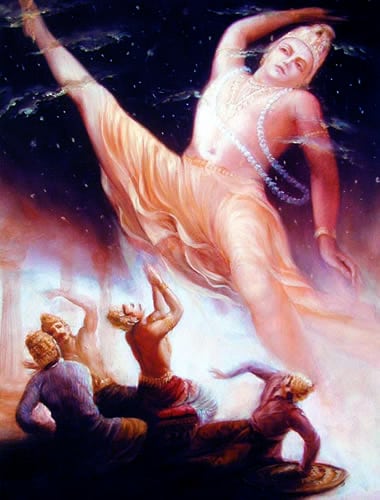
In Heaven, Bali, on the advice of his guru and advisor, Sukracharya, had begun the Ashwamedha Yaga so as to maintain his rule over the three worlds.
During an Ashwamedha yagna, Bali once was granting wishes to his masses out of his generosity. Meanwhile, Lord Vishnu reached there taking form of a little Brahmin boy better known as his fifth avatar or Incarnation Vamana. The little Brahmin boy on reception asked from King Bali enough land to cover three paces of his feet. On acceptance of his wish, Vamana grew to an abysmal size and in two paces, took away all the living world and also the three worlds in general.[heaven, earth and underworld figuratively]. Having left nothing else to offer, for his third and final step, King Bali bowed down infront of the Vamana realizing that he was none other than his Lord Vishnu and asked him to place the third feet as this was the only thing that belonged to him.

Vaman then took the third step and thus raised him to Suthala, the supreme form of heaven. However, looking at his generosity and devotion, Vamana on request of Bali, gave him permission to visit earth once an year to ensure that his masses are well off and happy. It is for this reason, that the festival of Onam is celebrated widely in Southern parts of India to welcome the arrival Onapottam, the symbolic form of King Bali.
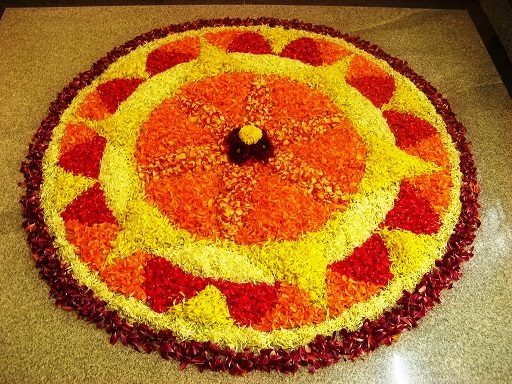
He is hailed to be a supreme example of the highest and the ultimate Sadhana of Nava Vidha Bhakti, namely Atmanivedanam. It is believed that Bali was a practitioner of the Raja Yoga.
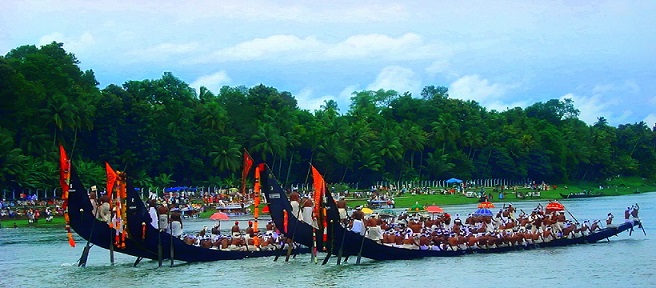
Credits:
Photo Credits: Maransdog.net
Wiki

